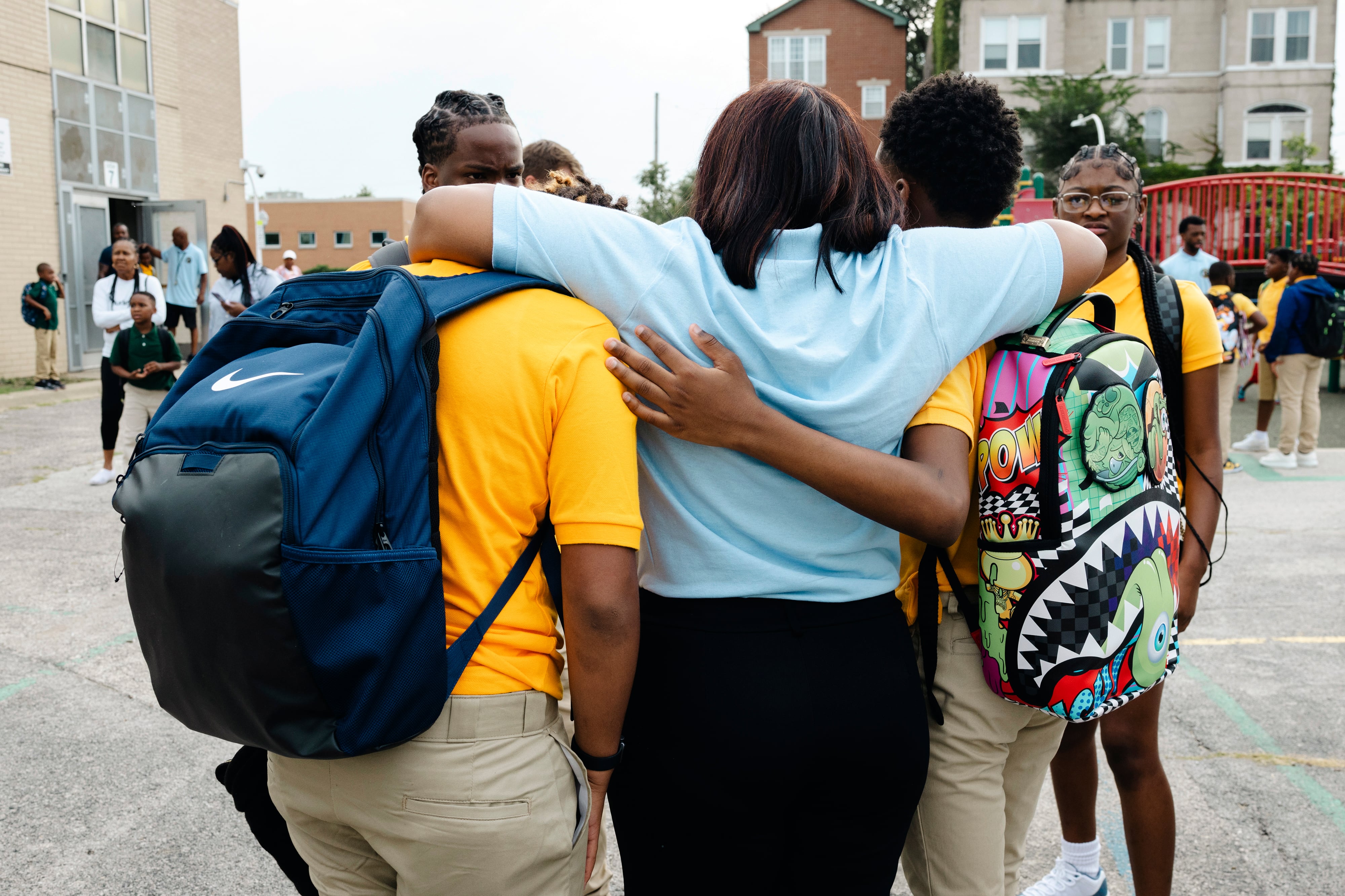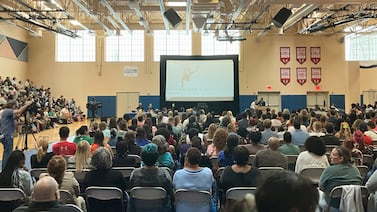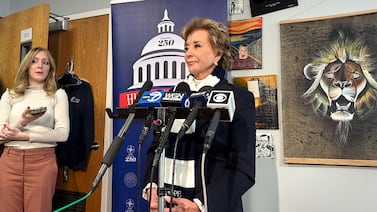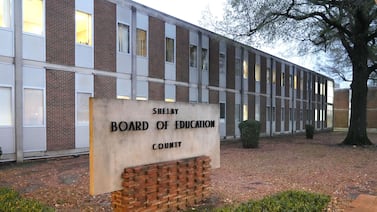Sign up for Chalkbeat Chicago’s free daily newsletter to keep up with the latest news on Chicago Public Schools.
Illinois is no longer one of the worst states in America when it comes to funding K-12 schools, an improvement that may have helped it weather some of the COVID pandemic’s disruption to student learning, according to a new report released Wednesday.
In its annual "The State We’re In" report, the independent advocacy organization Advance Illinois said Illinois moved from 47th in 2008 for state spending per student to 18th.
“This is unprecedented,” said Advance Illinois President Robin Steans. “It’s stunning. It was badly, badly necessary.”
Illinois changed the formula it uses to distribute money to school districts in 2017 and in doing so, also committed to adding $350 million every year to its evidence-based funding formula. Lawmakers have allocated those increases every year since 2018, with the exception of 2020 when the state budget was largely held flat in the early months of the COVID-19 pandemic and this year when it paused a roughly $50 million property-tax relief program connected to the formula.
“We get calls on a regular basis from other states that are trying to steal our playbook in terms of a more equitable funding formula and doing a better job sort of identifying what they should be spending,” Steans said.
When Illinois passed its evidence-based funding formula, the goal was to get all districts adequately funded by 2027. Advance Illinois’ report says that’s now not expected to happen until 2038. Under the formula, 50 school districts in Illinois are still considered less than 70% adequately funded. But that number is down from more than 600 districts in 2018 when the formula went into effect.
Steans said Illinois’ leap in state funding for public education helped schools weather the setbacks of the COVID pandemic, noting that eighth grade students in 2024 ranked eighth and ninth in the nation in reading and math proficiency on the National Assessment of Educational Progress, or NAEP. However, fourth grade Illinois students, who took the test in 2024 and started kindergarten in 2020, ranked 29th and 30th on the NAEP, often considered the nation’s report card.
Most of the collective $2.8 billion added by state lawmakers in the past eight years has been distributed based on need. But because Illinois’ 866 school districts still rely heavily on property taxes, inequities remain between schools in the wealthiest and poorest communities. Most districts rely on state funding for only a portion of their overall budgets. For example, state money makes up about a quarter of Chicago Public Schools’ budget.
What’s more, Steans said, Illinois lawmakers have sometimes shortchanged or prorated areas of the education budget that are separate from the formula and earmarked for things such as transportation and special education, known as mandated categoricals.
“The state has got to do a better job of keeping pace with those mandated categorical costs or what we’re really doing is robbing Peter to pay Paul,” Steans said.
Nevertheless, the boost in state funding has led to an increase in the number of teachers and a reduction in the average student-to-teacher ratio, which went from 15 students per teacher to 13 students per teacher, the report found.
The report, however, highlighted high ratios of students to support staff, such as counselors, psychologists, social workers, and nurses. All of those averages exceed 400 students to 1 for all types of support staff.
This comes even as student mental health remains a significant concern.
“Increasing chronic absenteeism rates and concerning trends in student mental health and wellness raise important questions about what we can and should be doing as a state to systemically support students so that they are ready and able to learn,” the report said.
In all, Advance Illinois analyzed 80 different metrics that are tracked by the state and federal government and looked at both longitudinal trends and how the state compares to others across the nation. The full report can be viewed here.
Becky Vevea is the bureau chief for Chalkbeat Chicago. Contact Becky at bvevea@chalkbeat.org.






